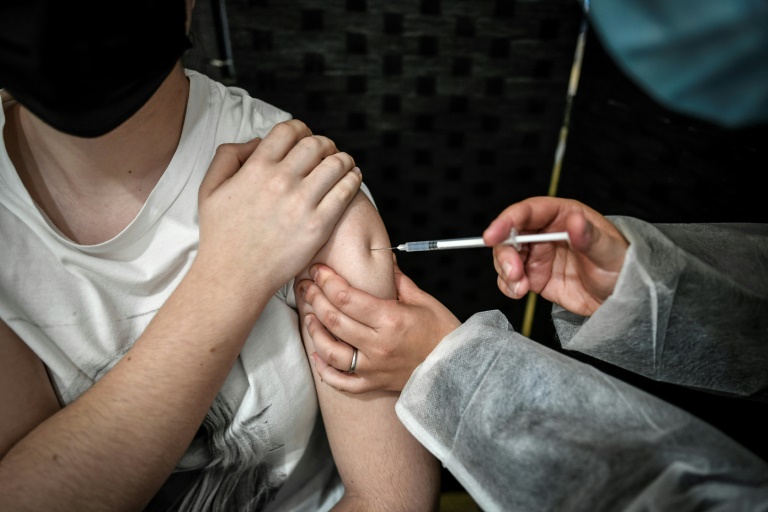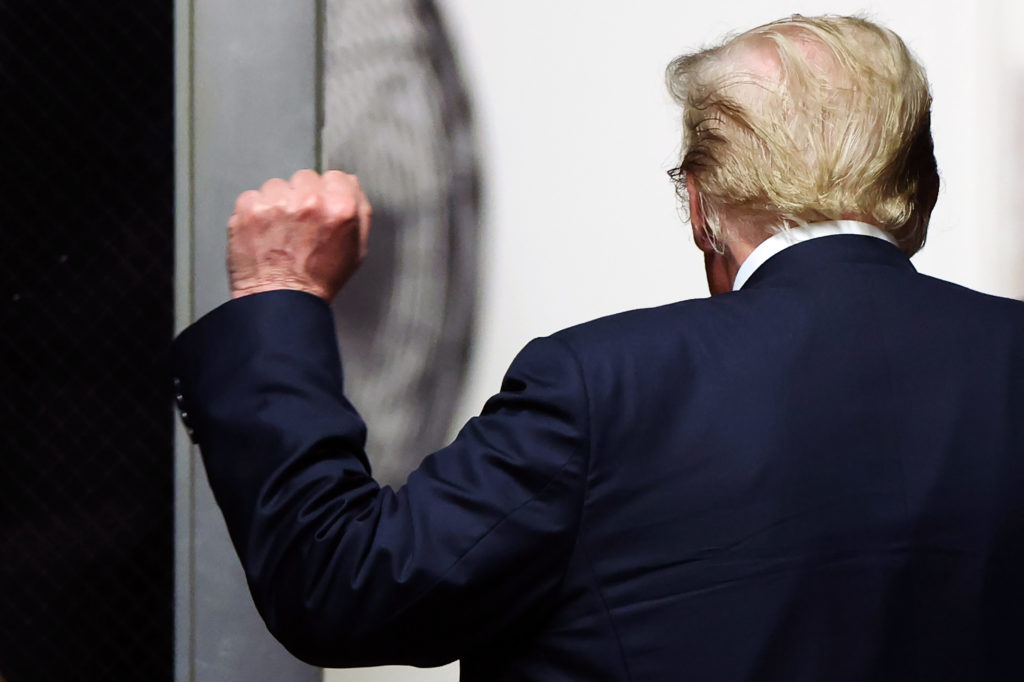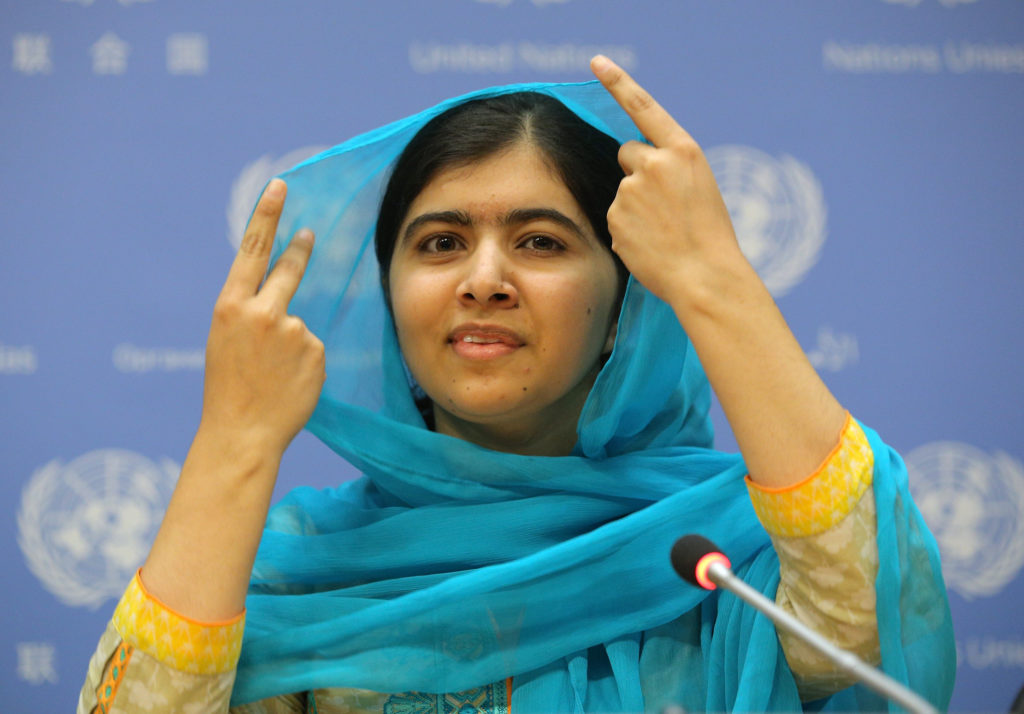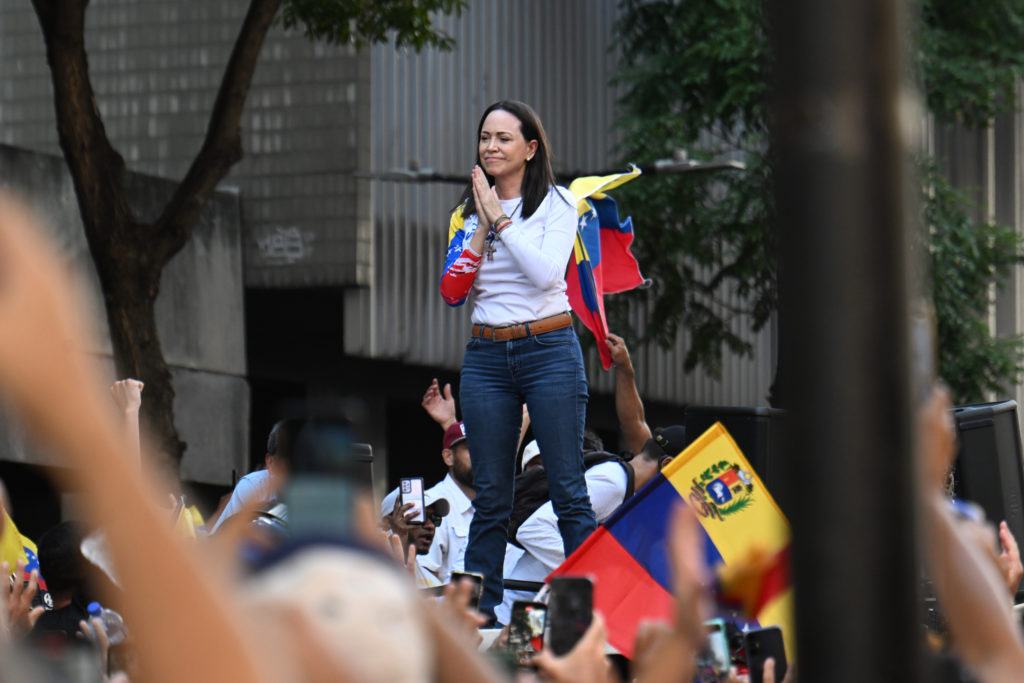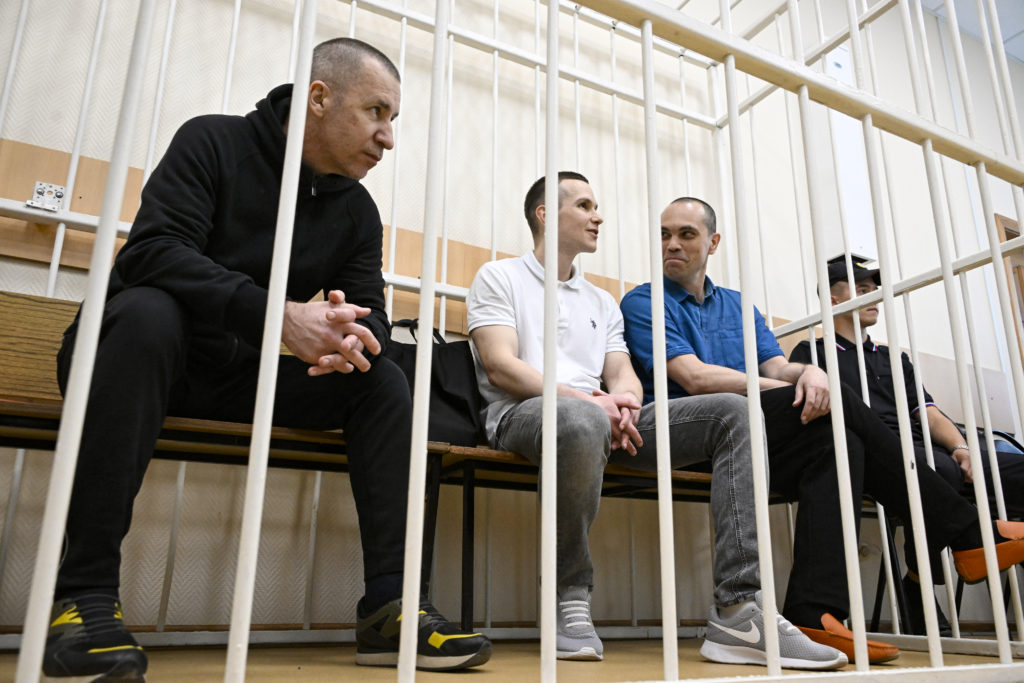The European Union and UK-based drugs giant AstraZeneca settled their dispute over a shortfall in coronavirus vaccine supplies on Friday, agreeing an extended delivery schedule.
The European Commission went to court after the firm failed to deliver all of a promised 300 million doses by June 2021, but AstraZeneca will now have until the end of March next year to make up the number.
The agreement ends the legal battle and AstraZeneca will not face any fines or penalty payments — unless it falls short of its new target dates.
“I’m very pleased that we have been able to reach a common understanding which allows us to move forward and work in collaboration with the European Commission to help overcome the pandemic,” said AstraZeneca’s Ruud Dobber.
Brussels was furious when the British-Swedish pharmaceutical outfit fell far short of its promises, undermining the early stages of the EU’s Covid-19 vaccine rollout.
Officials accused AstraZeneca of prioritising UK vaccine deliveries over the EU order and European Commission lawyers went to court to demand deliveries or see huge daily fines imposed for any ongoing shortfall.
But the firm argued that its contract with the bloc only obliged it to make “best efforts” to meet its delivery target, and that production bottlenecks in its European plants had been unavoidable.
In an interim ruling pending the final settlement of the case, the Brussels court imposed a new delivery schedule on AstraZeneca.
“Today’s settlement agreement guarantees the delivery of the remaining 200 million COVID-19 vaccine doses by AstraZeneca to the EU,” European health commissioner Stella Kyriakides said in a statement.
“While this week we reached the important milestone of 70 percent full vaccination of the EU’s adult population, there are significant differences in vaccination rates between our member states, and the continued availability of vaccines, including AstraZeneca’s, remain crucial.”
AstraZeneca manufactures vaccines designed at Britain’s Oxford University and sells them on a non-profit basis — its version is cheaper and easier to store than many competitors.
– No fines –
But the European Union has become frustrated by the slow pace of supply and has made another vaccine produced by US giant Pfizer and Germany’s BioNTech the workhorse of its buying programme.
A European Commission statement said AstraZeneca had delivered 100 million doses in the first half of 2021, would send 135 million more by the end of the year and another 65 million doses by March 2022.
“This will bring the total number of doses delivered to 300 million doses as agreed under the contract,” it said.
AstraZeneca said it would be able to meet the revised delivery schedule imposed by the Belgian court in its interim judgment and is confident of respecting its new timetable.
But if it fails, it will have to pay member states a rebate on the costs of the vaccine equivalent to 10 percent for one month of delay, 25 percent for two months or 40 percent for three months of delay or more.
The agreement also assumes that the European Medicines Agency will approve two new European manufacturing sites for the AstraZeneca vaccine before the end of October.
Because the AstraZeneca vaccine is cheaper and can be stored at much higher temperatures than the Pfizer-BioNTech and other rivals, it has been sought after in poorer and developing countries.
Eastern European states had ordered large quantities of it under the EU scheme, and now both the firm and Brussels hope to use it in the UN-backed Covax international vaccine distribution scheme.

